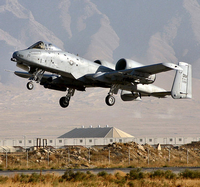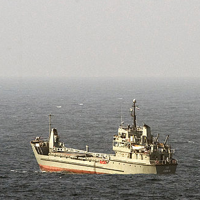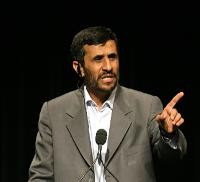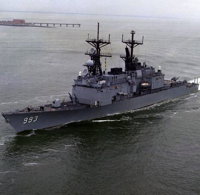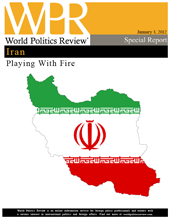
America’s current standoff with Iran over the direction of Tehran’s nuclear program is only one symptom of a larger problem. Concerns over climate change and the rising costs of ever-scarcer hydrocarbons are leading more countries to turn to atomic energy as a long-term source of cheap and emissions-free energy. While some of these nuclear newcomers will trust that international markets will be able to guarantee access to nuclear fuel, others will want to control the entire fuel cycle on their own territory. That means we may soon be faced with a situation where many countries will aspire to the technological […]

